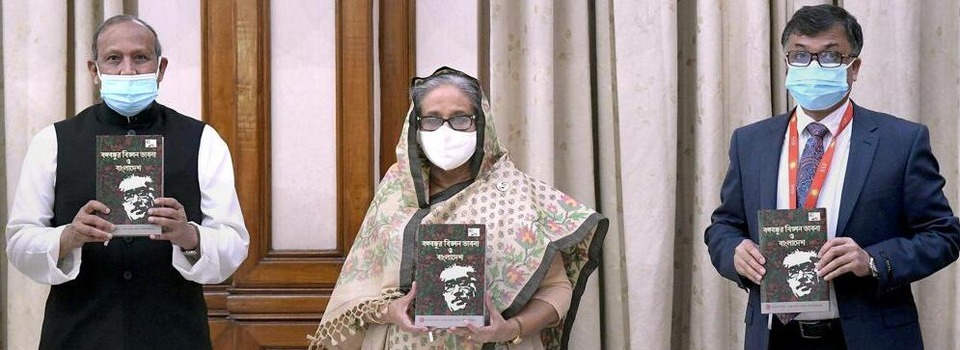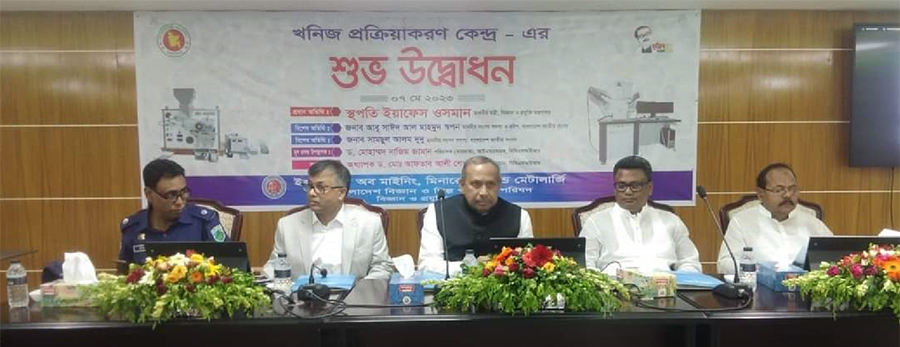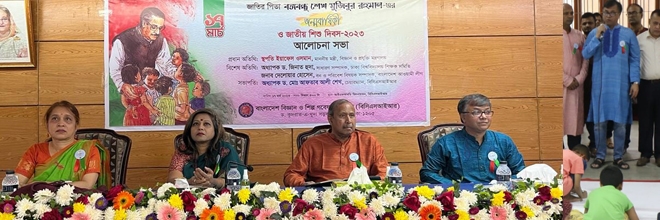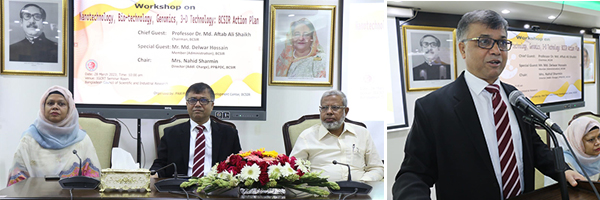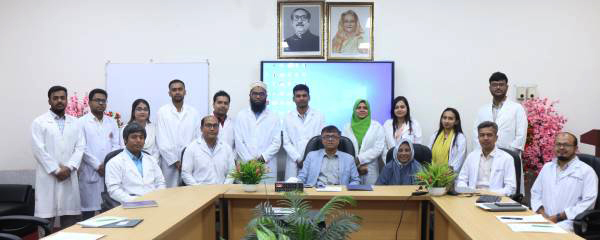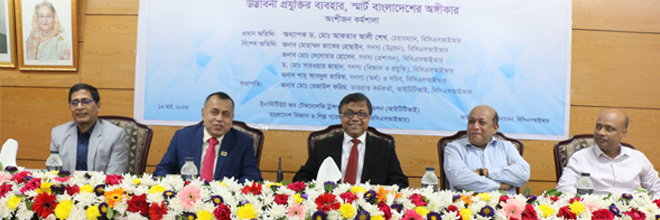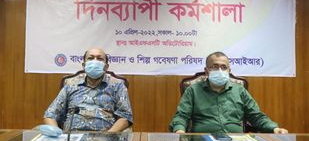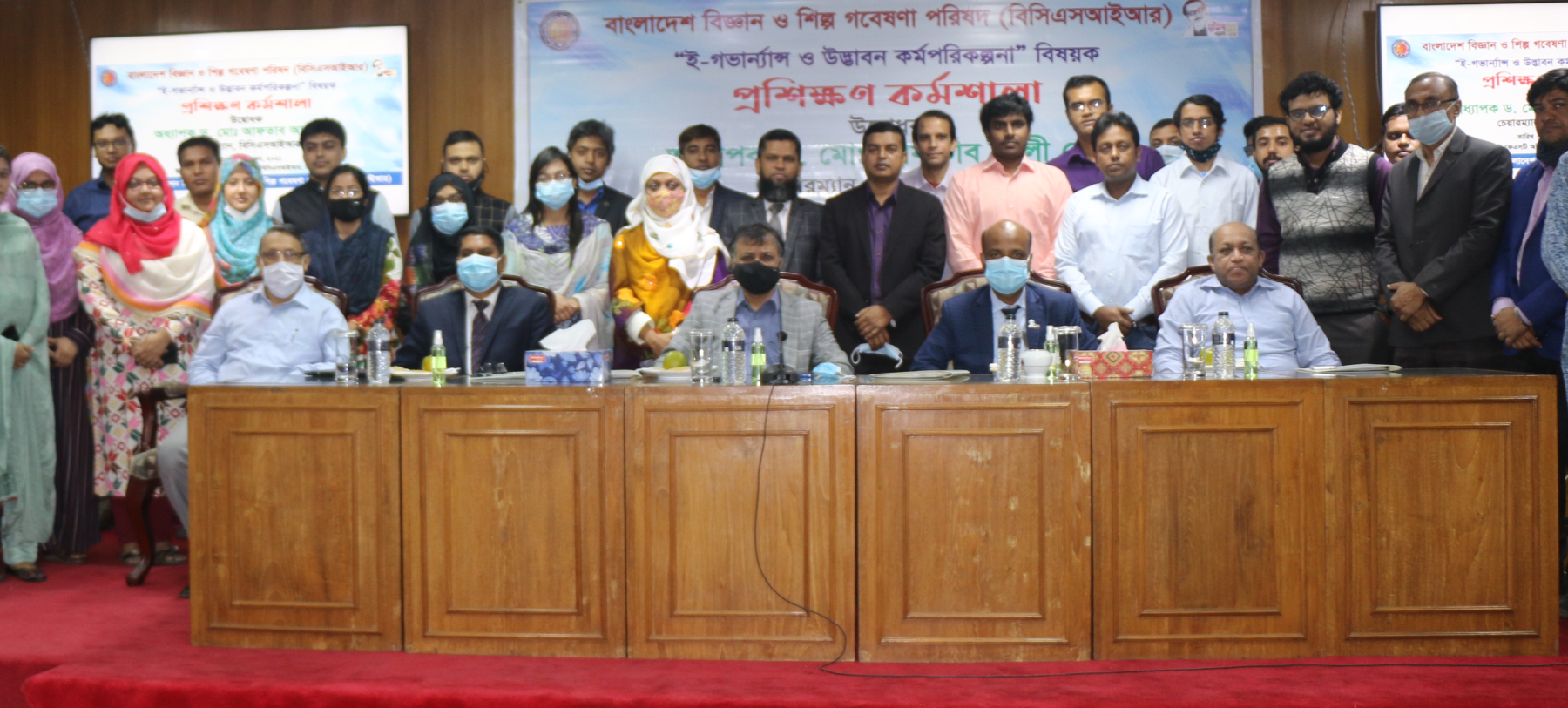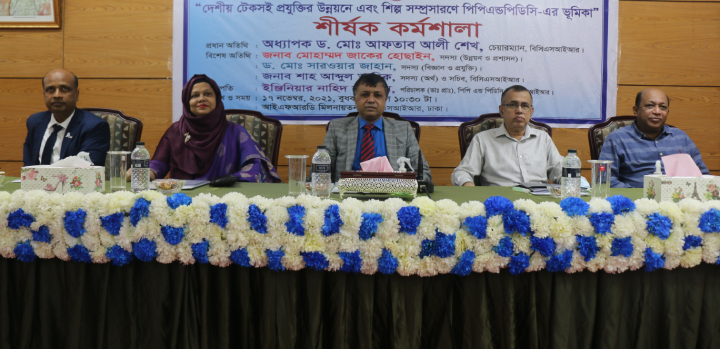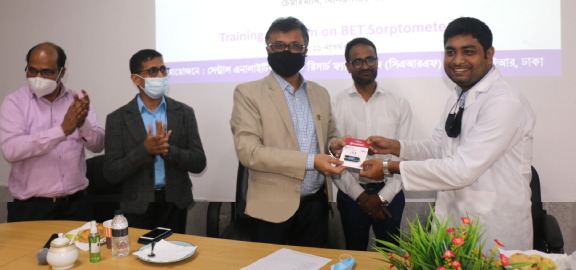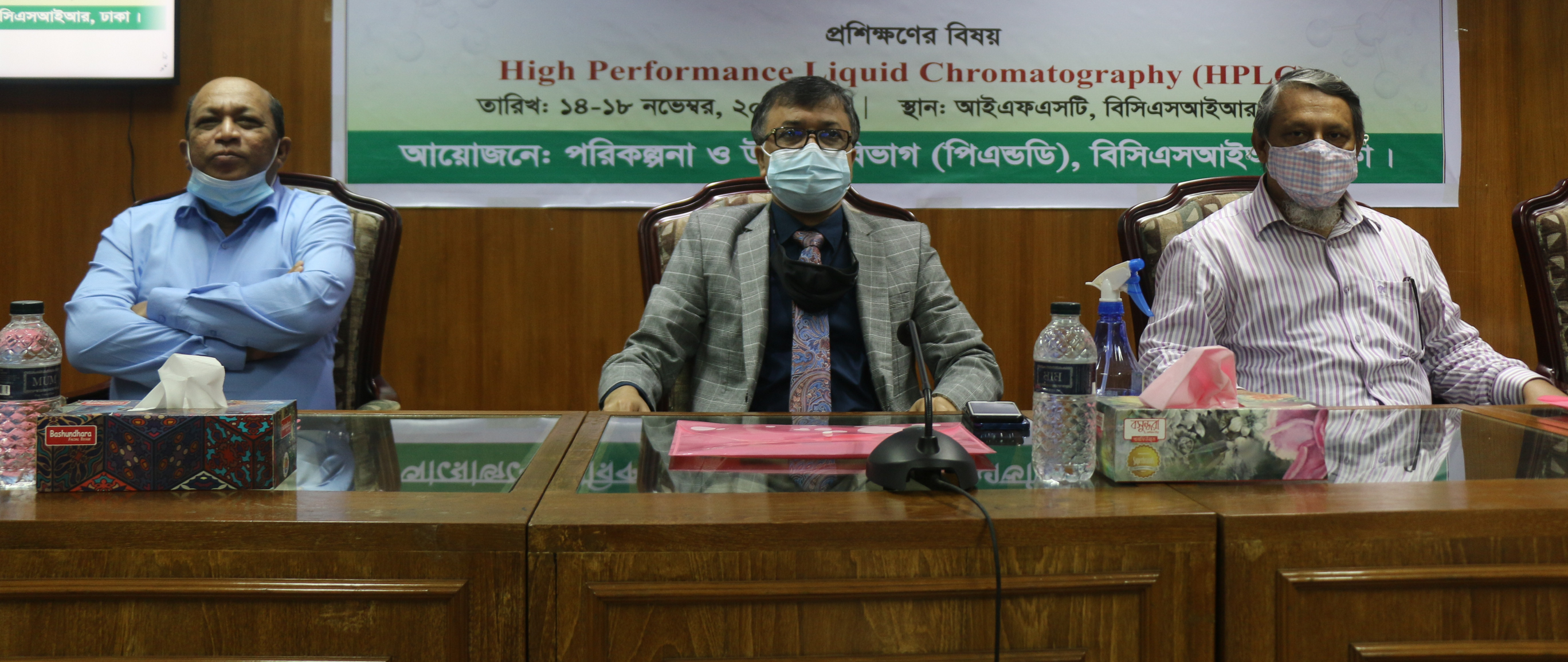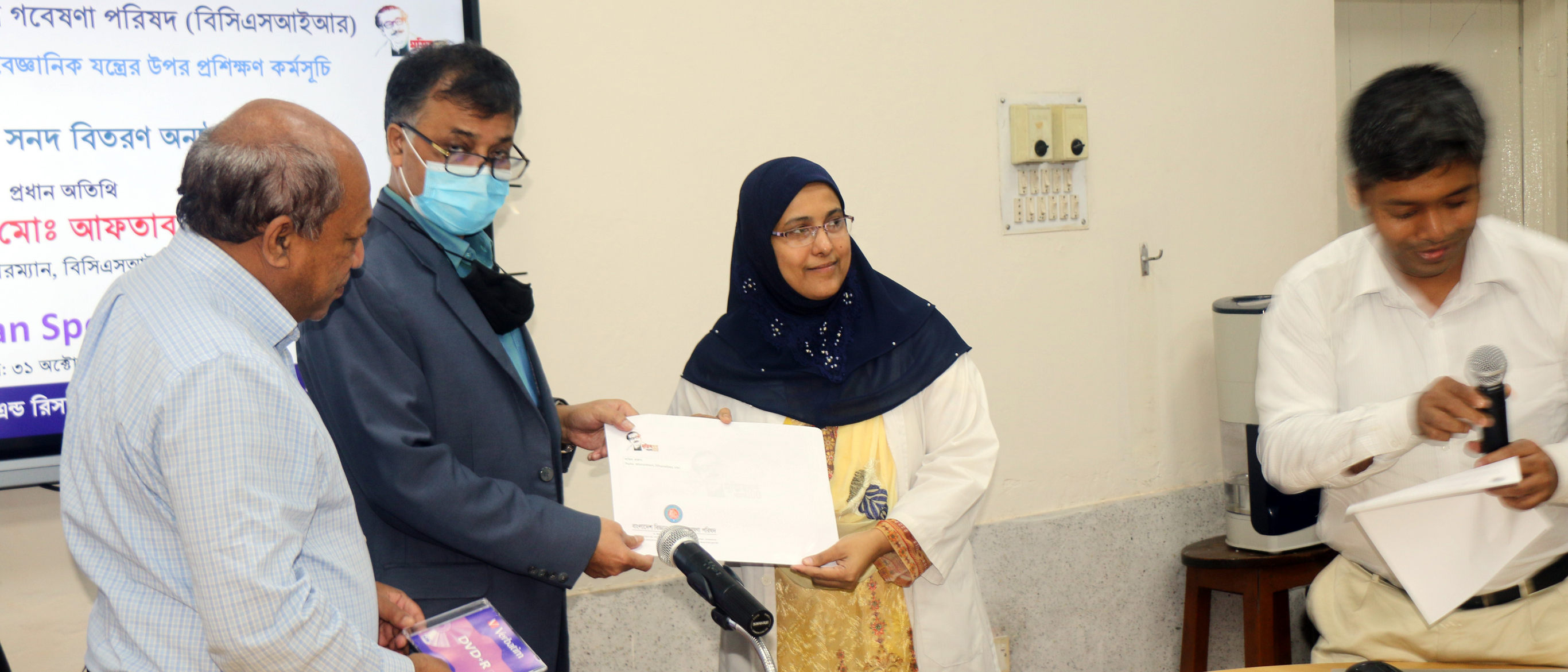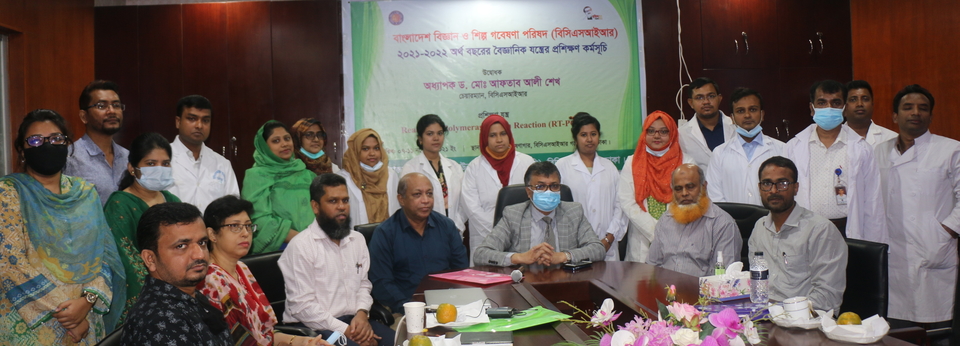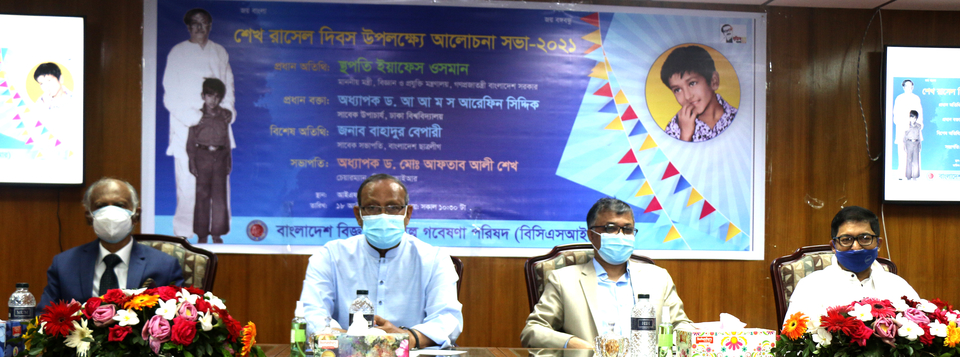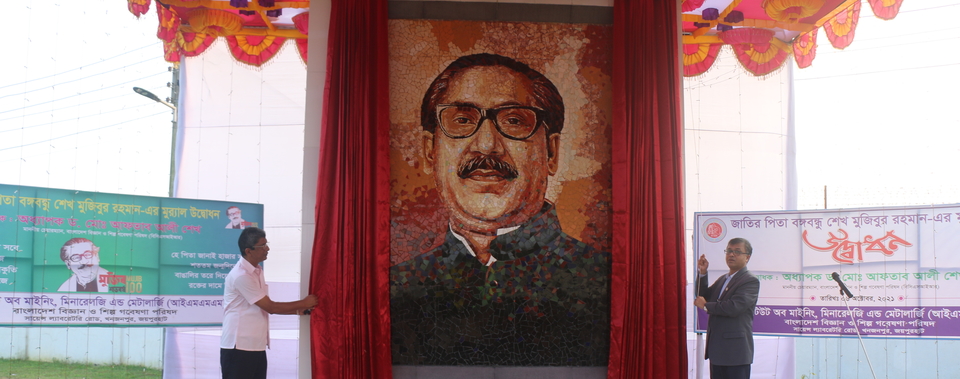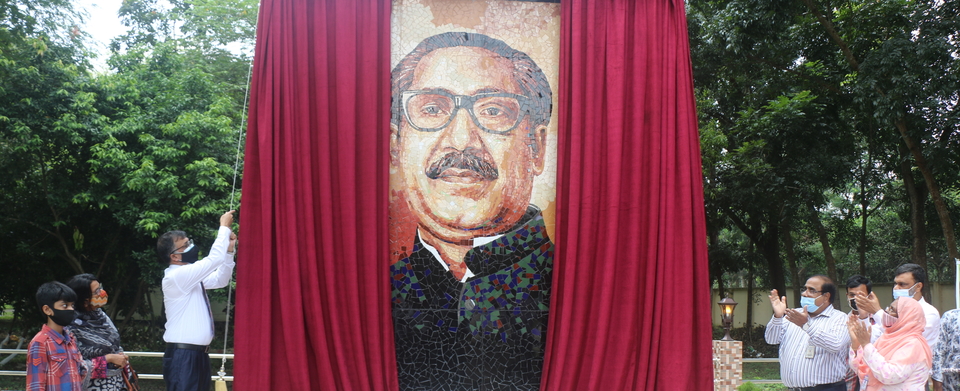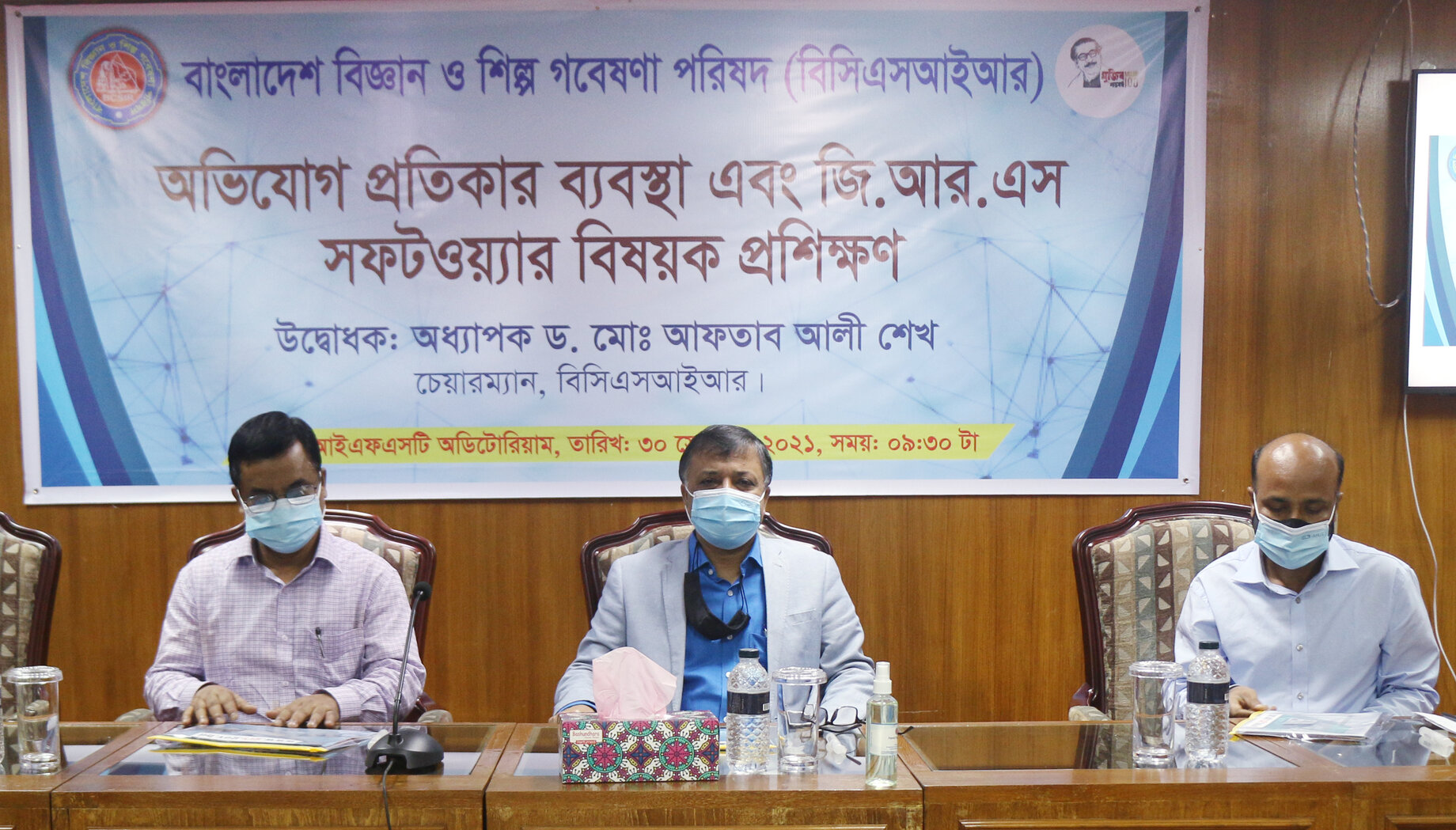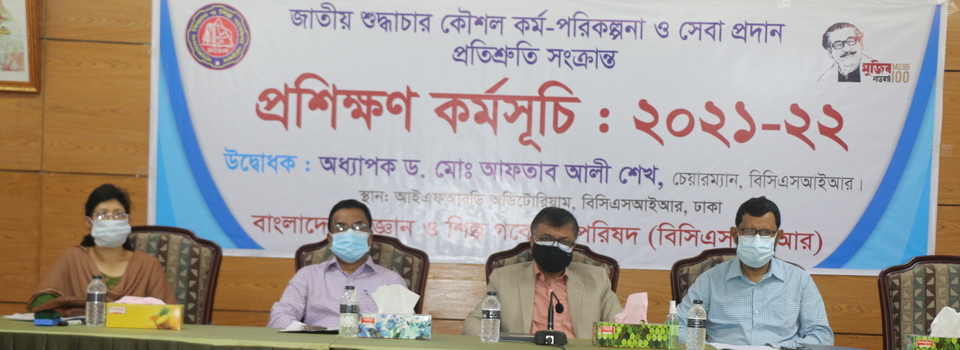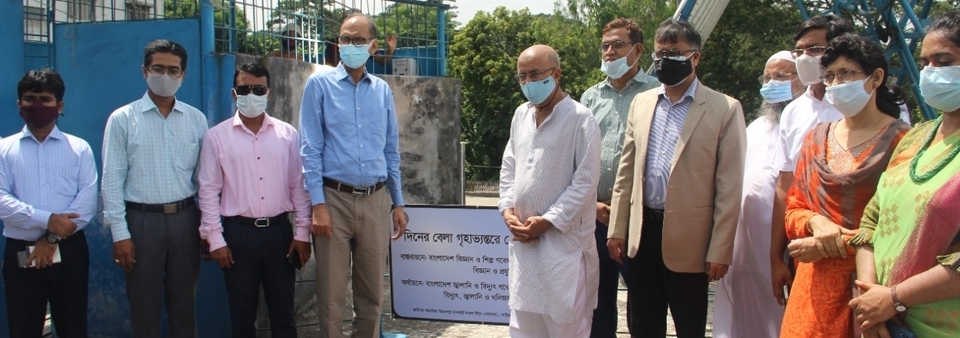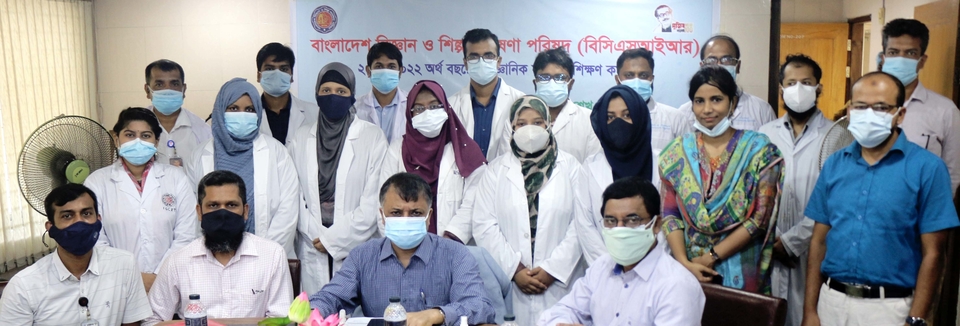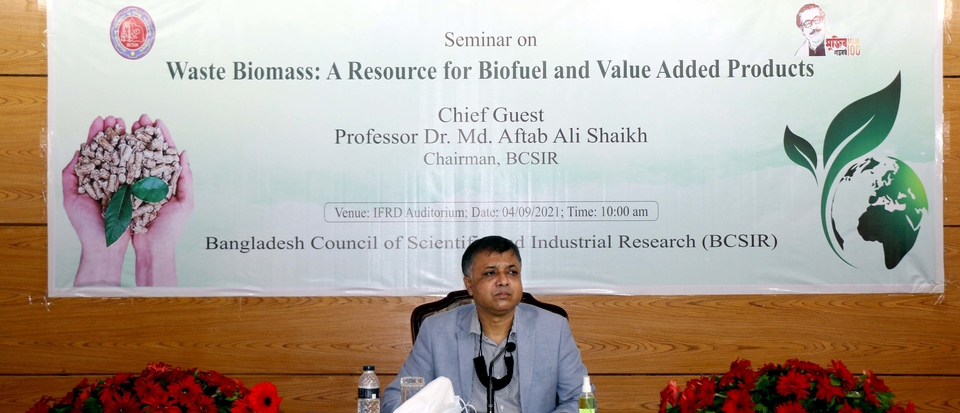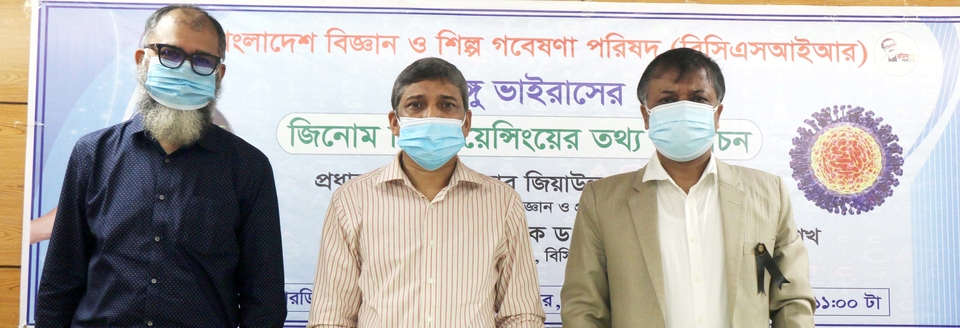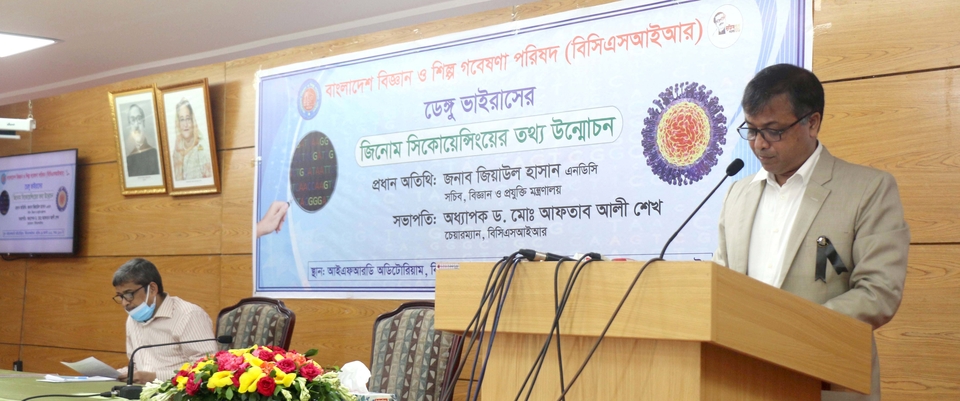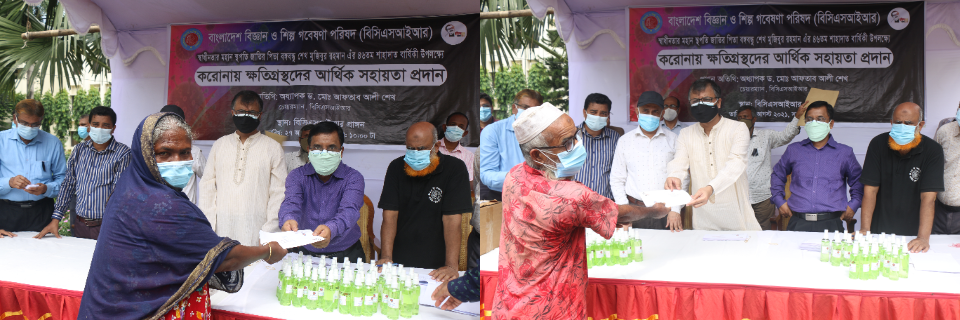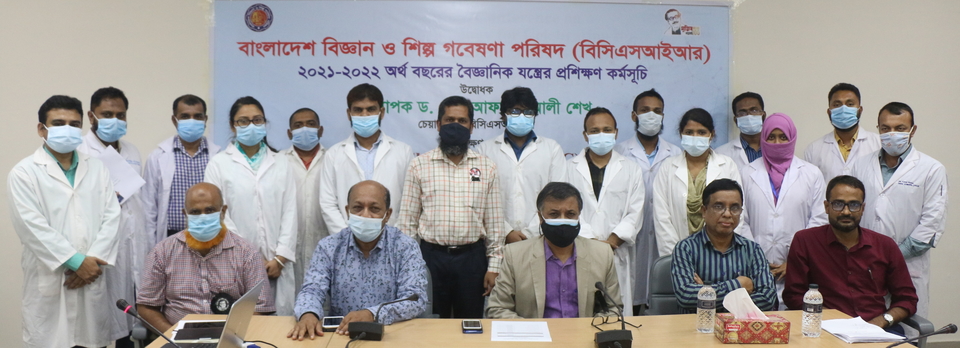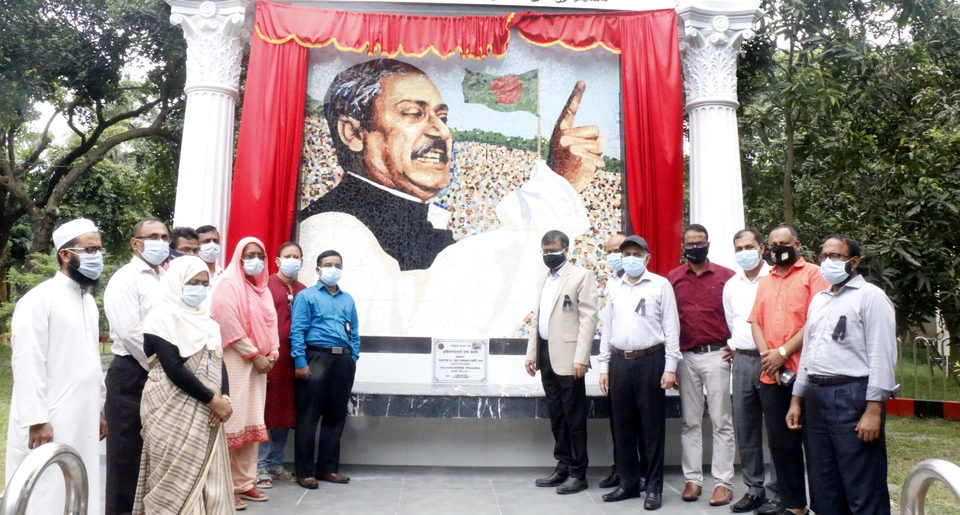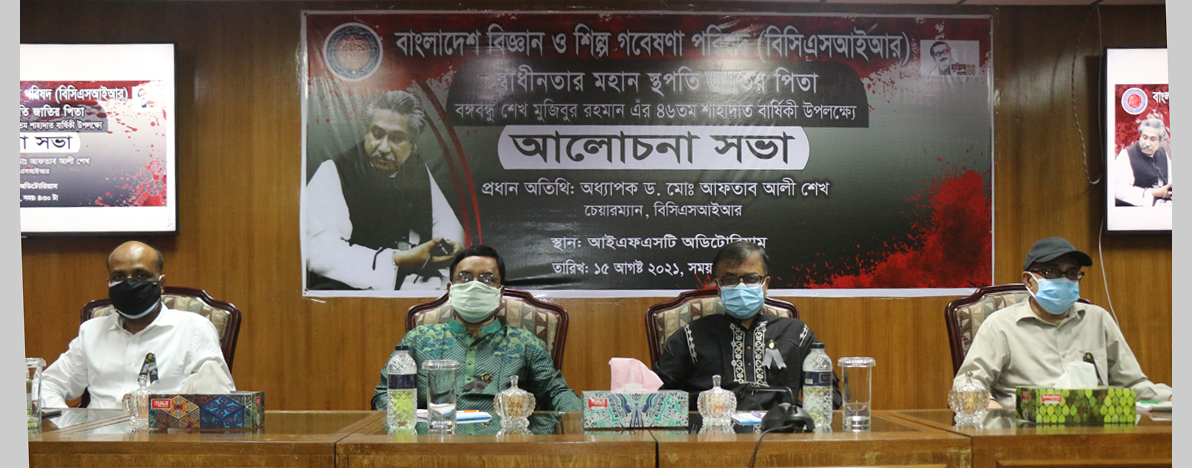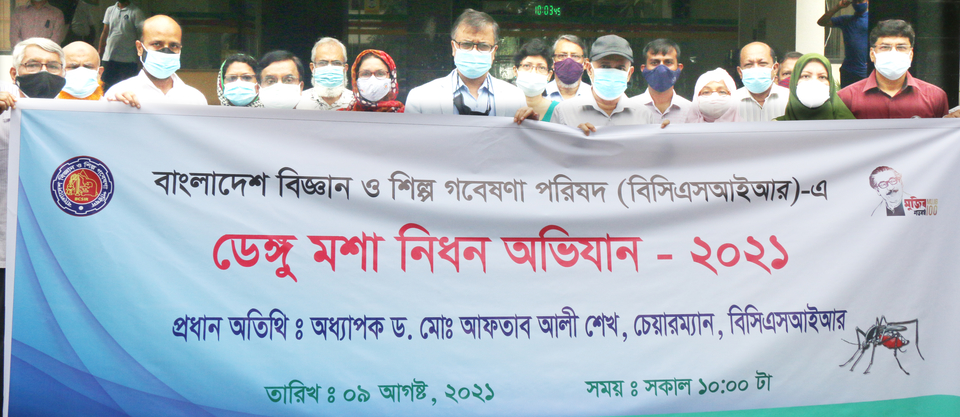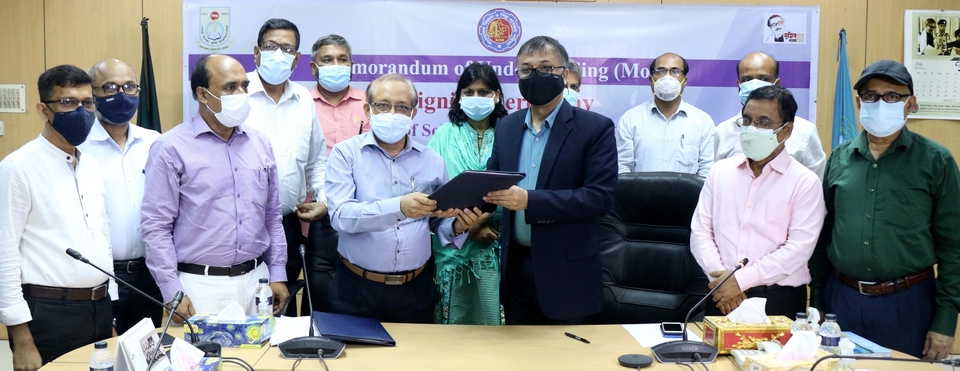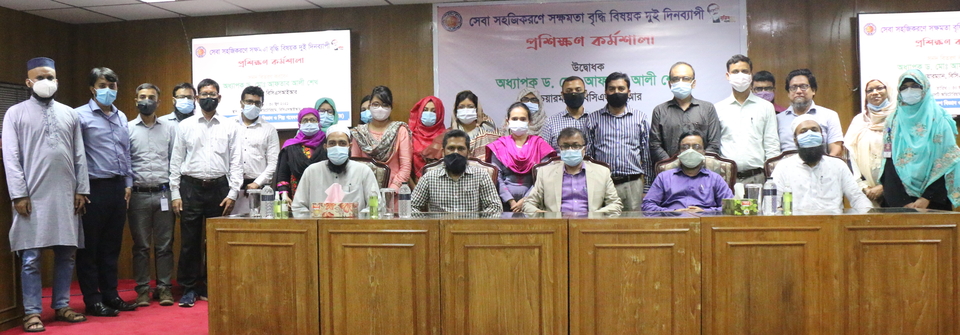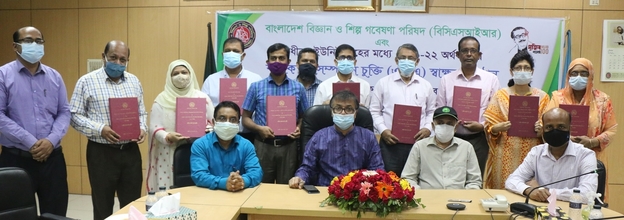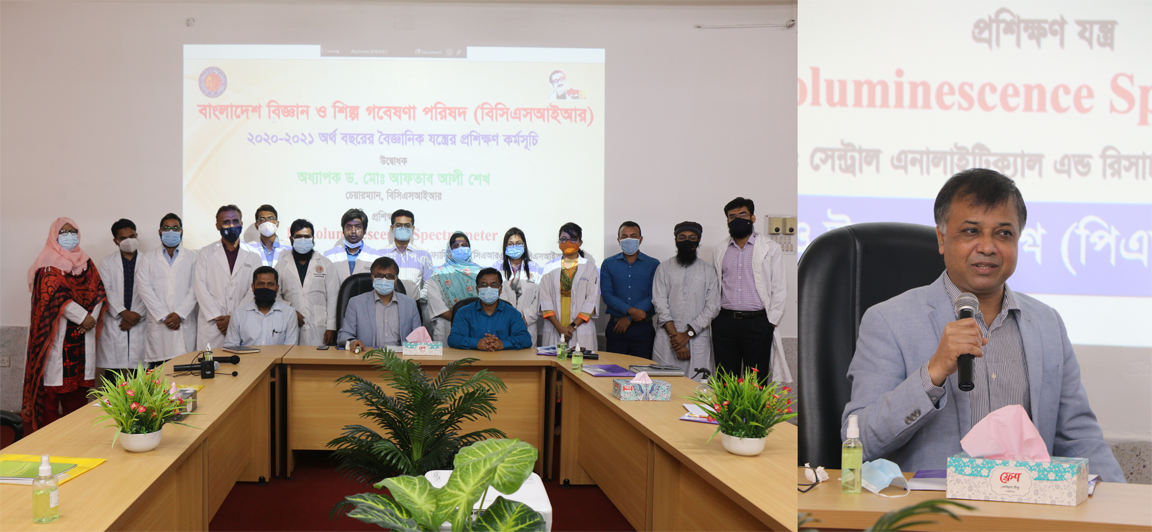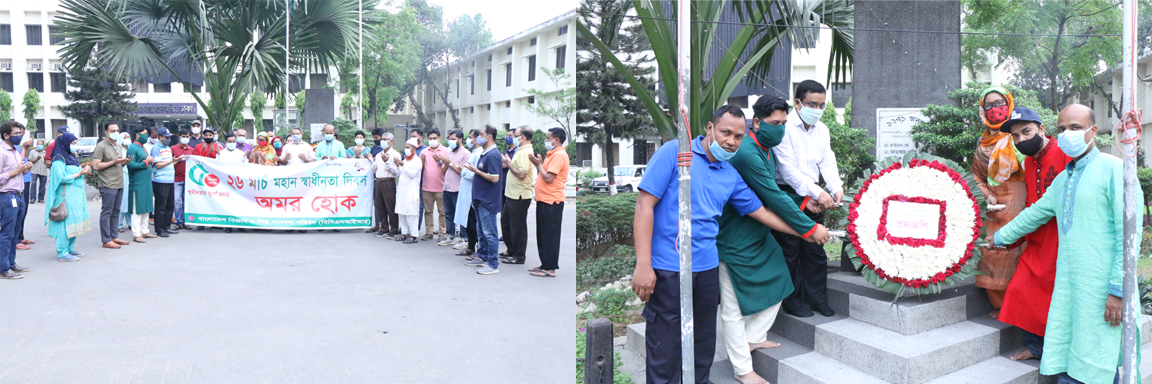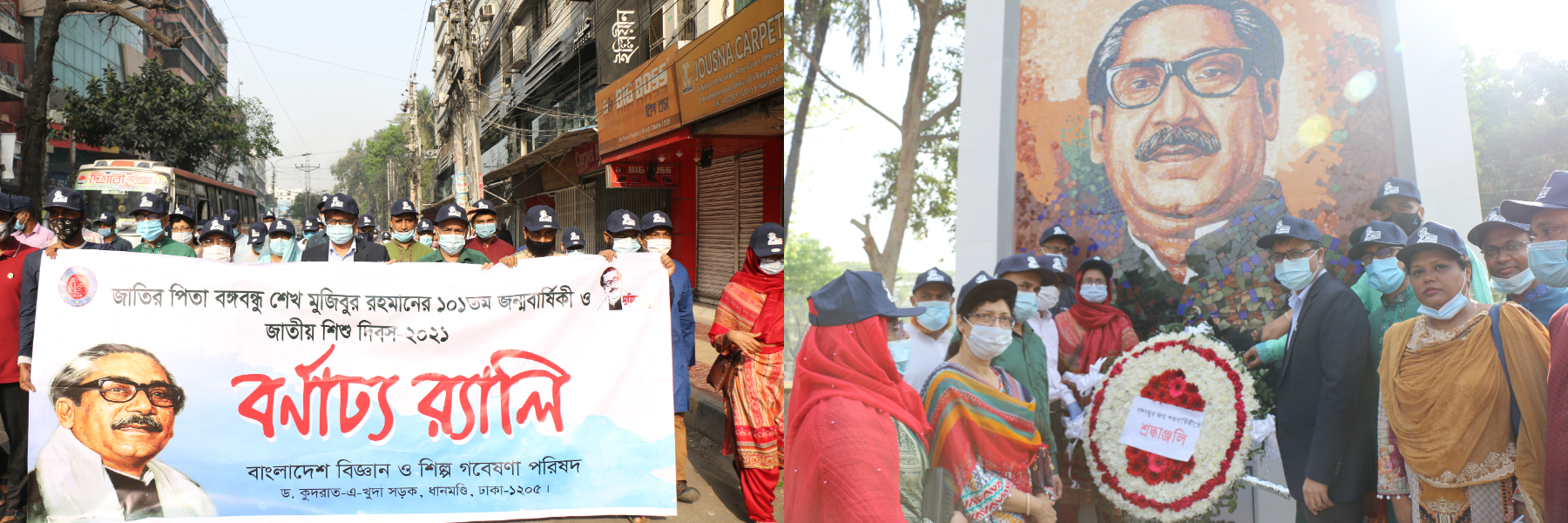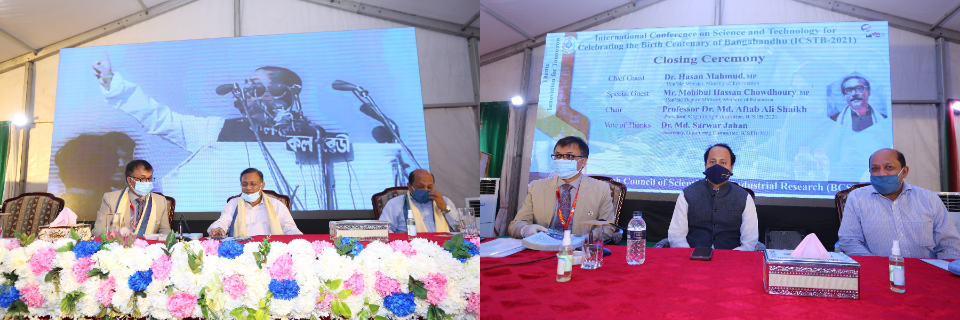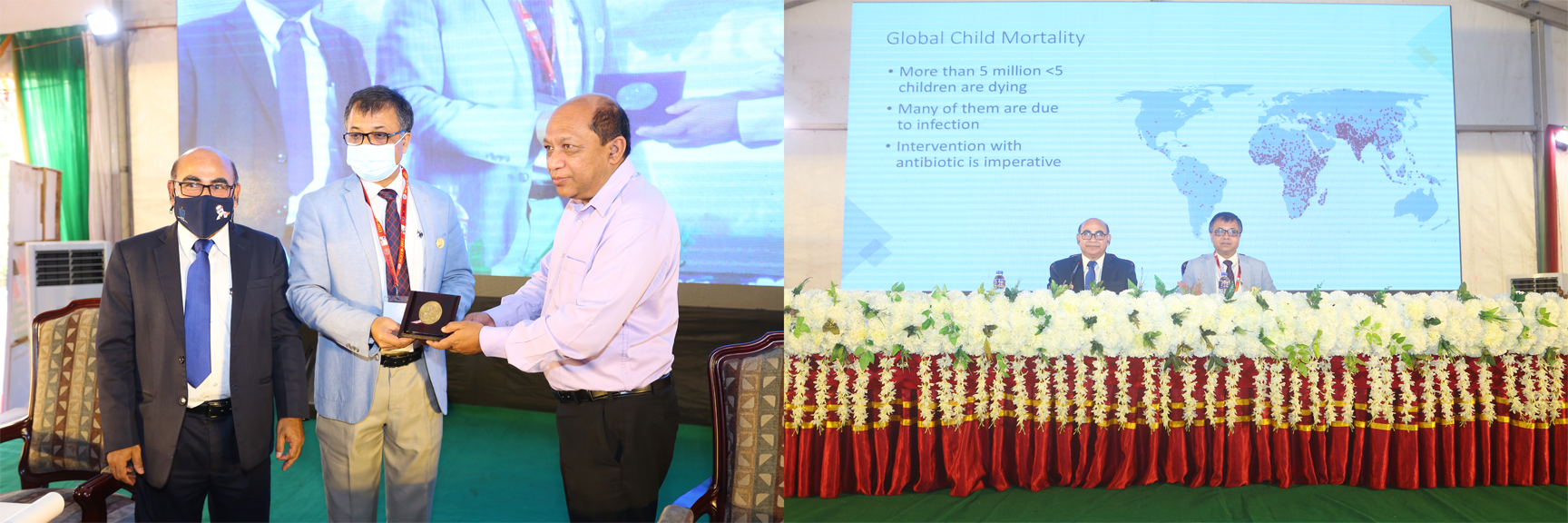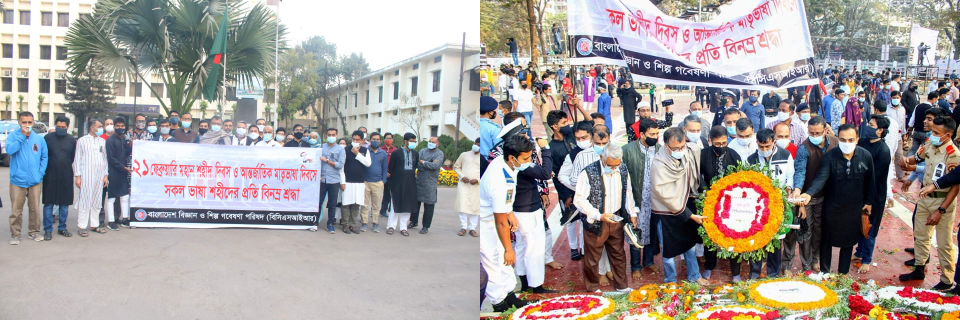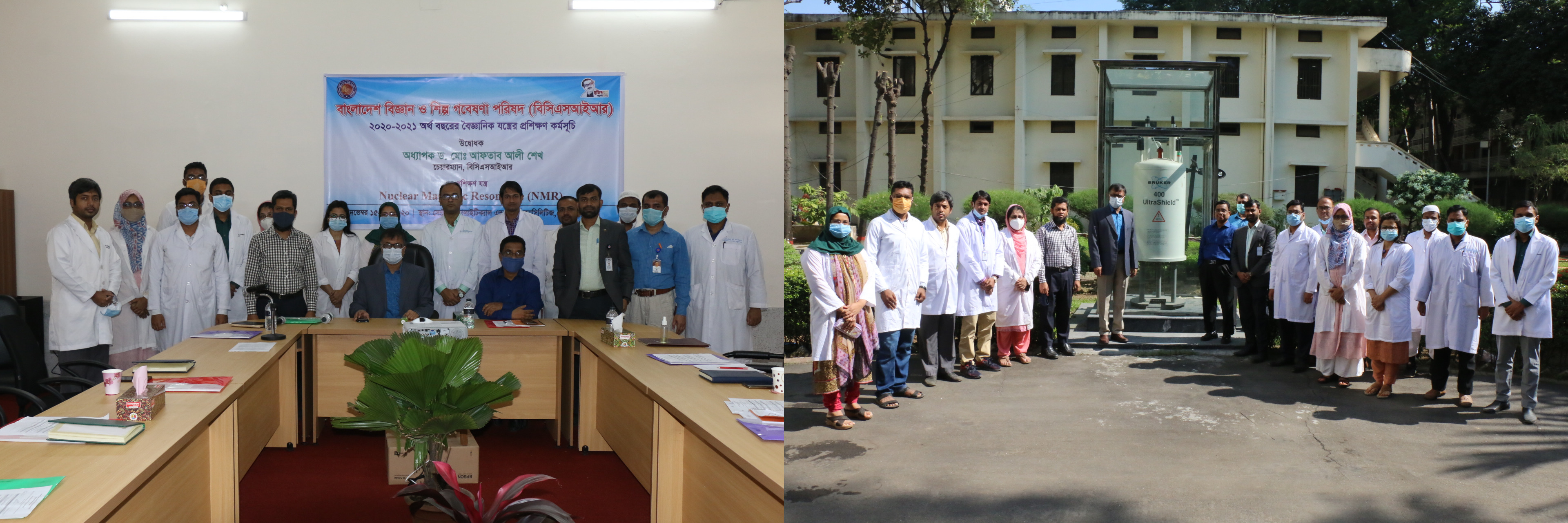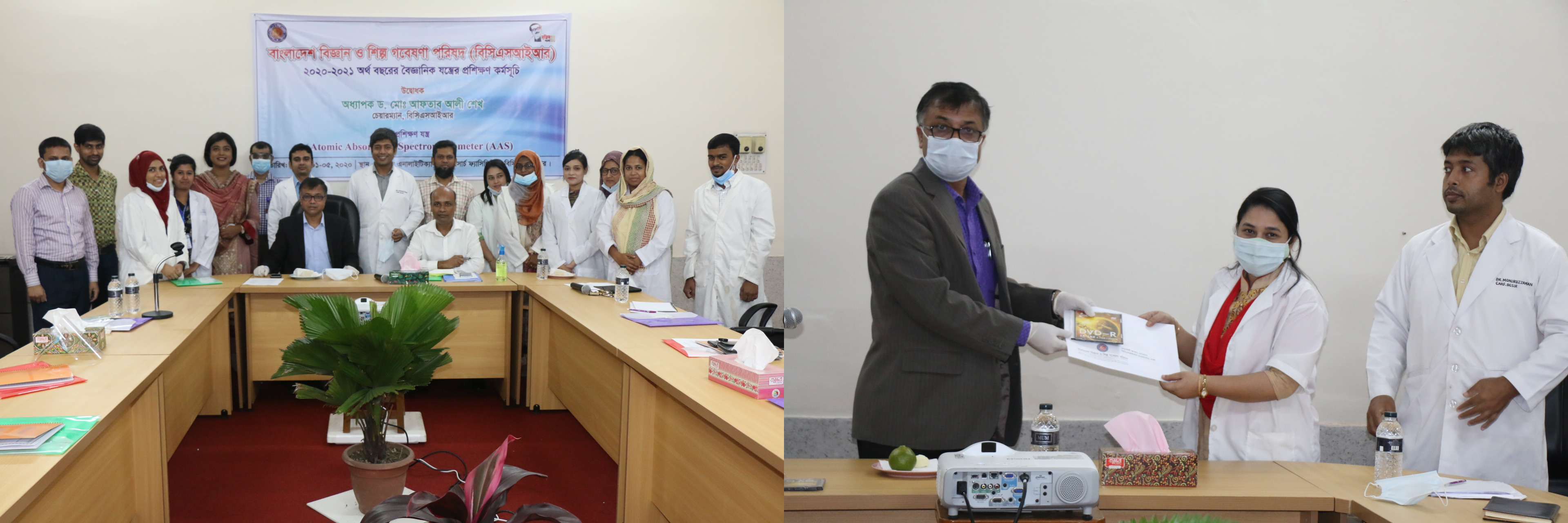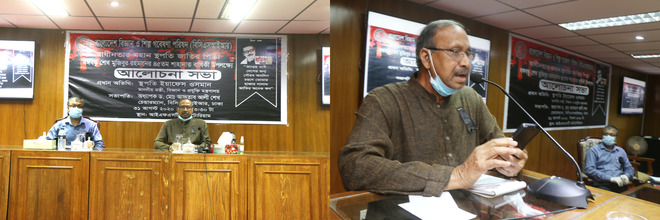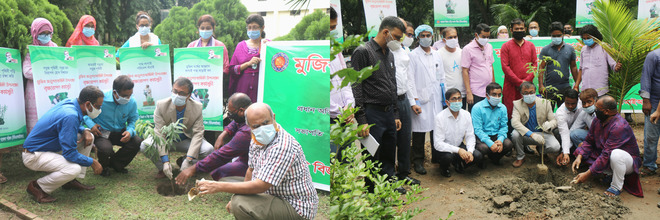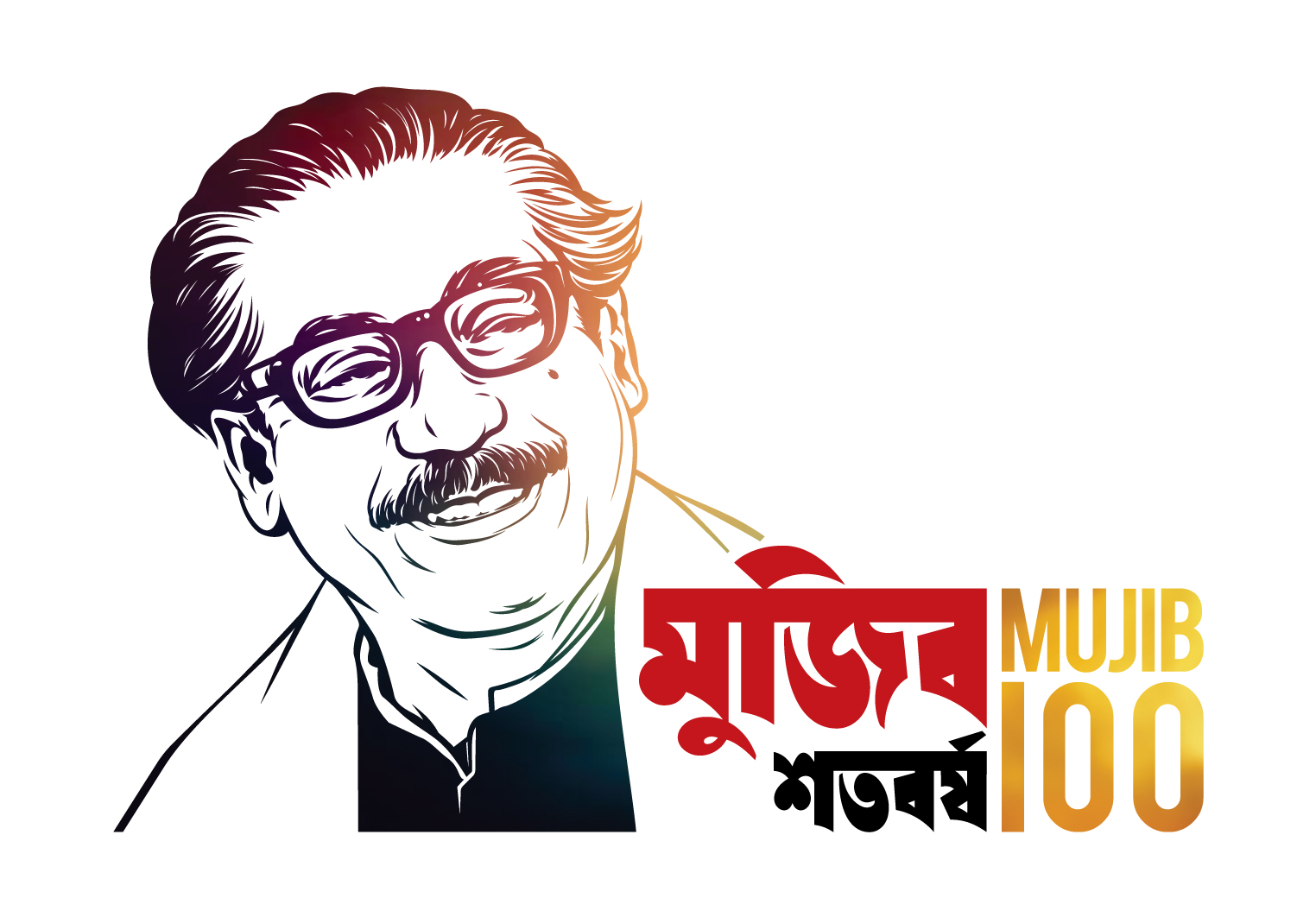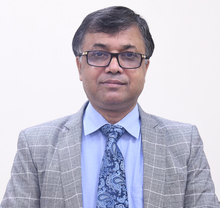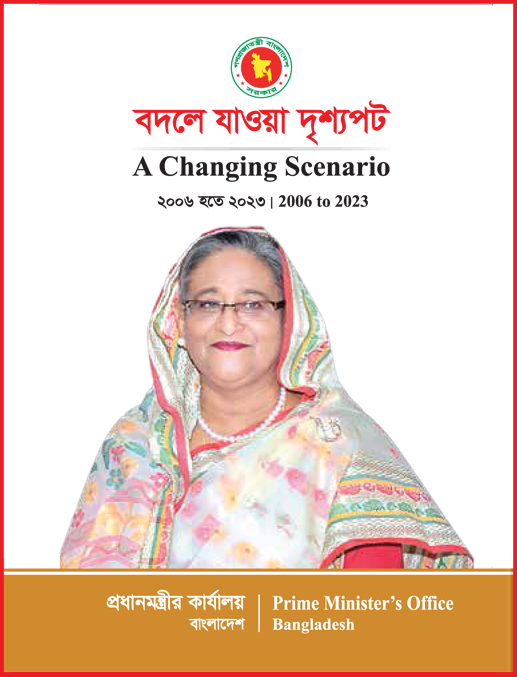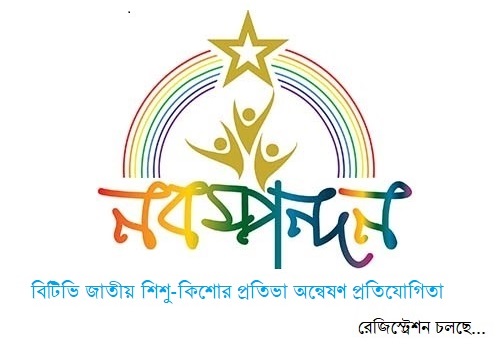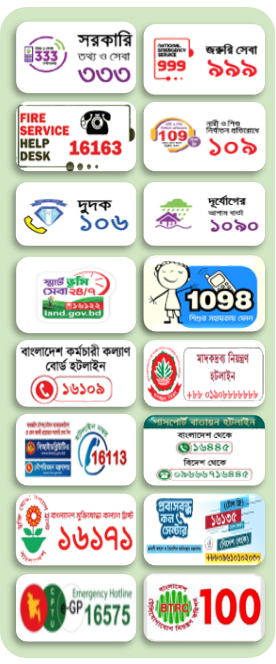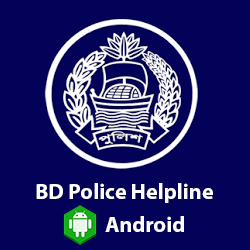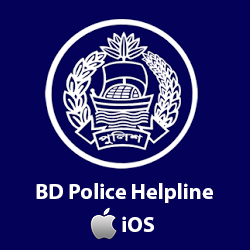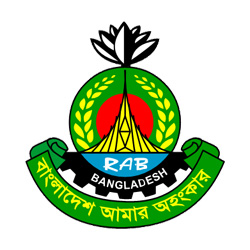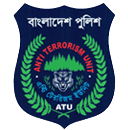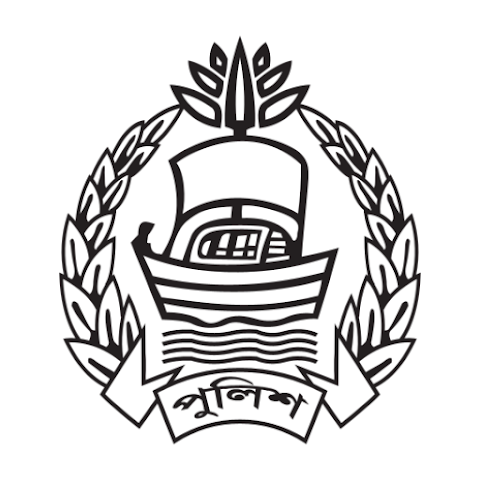|
Objective
1. To establish a mono-discipline full-fledged institute on Mining, Mineralogy and Metallurgy to extend the BCSIR activities.
2. To exploit the mineral deposits of the country and to carry out research to innovate commercial and exportable industrial products from the exploited minerals/ores deposits of the country.
3. To carry out advance level research and to develop mineral processing system from the exploited minerals/ores.
4. To develop metallurgical processes and advanced technology to establish various industries in the country i.e. agricultural tools, automobile parts, shipbuilding spare parts, composite manufacturing industry etc.
5. To enhance the laboratory and research facilities within the field of mining, mineralogy and metallurgy.
To provide training facilities to develop manpower and upgrade the working knowledge of the workers of mining, mineralogy and metallurgical industries.
6. To provide research facilities/higher studies to the universities, Government and non-Government organizations.
7. To provide technical assistance to the material processing and metal industries.
8. To render analytical and testing services to the materials and metal products industries for their raw materials and finished products.
9. Ongoing Research and Development (R & D)
10. Projects of the Institute
11. Studies of valuable heavy minerals and metals of the beach and river sediments of Bangladesh and their prospect of our national economy.
12. The reserve estimation and characterization of heavy minerals like ilmenite, rutile, magnetite, zircon, garnet, monazite, kyanite etc. of the coastal belt and river banks of Bangladesh will be identified and these heavy minerals will be processed for economic development.
13. Optimum Drilling and Blasting Design for Hard rock mine of Bangladesh.
14. Improvise drilling and blasting pattern would come which could bring satisfactory and fruitful impact on the surrounding rock and on fragmentation considering different categories of rock.
15. Development of Advanced Ceramic Cutting Tools from zirconia nano powder.
16. The aim of this project is to develop modern ceramic cutting tools by using zirconia nano powder to replace the imported cutting tools.
Other Projects:
1. Characterization and utilization of Baghia and Chanda Beel’s peat, Madaripur, Bangladesh.
2. Production of Synthetic Rutile from the beach sediments of Cox's Bazar.
3. Recycling of Lead from Waste Batteries.
4. Development of Insulating Brick from Rice Husk Ash (RHA) using local clay with acid Binder.
5. Ground water management for coal mine of Bangladesh.
6. Geotechnical characterization of the Basement Rock of Maddhapara Hard Rock Mine, Dinajpur, Bangladesh.
Collaborative Research and Development
7. Projects of the Institute
Collaborative R & D work is going on with a number of organizations viz. Leather Research Institute, University of Rajshahi, University of Dhaka, University of Jahangirnagar, Geological Survey of Bangladesh, Atomic Energy Commission, Universidad de Granada & CSIC Spain etc. Some of the collaborative works are as follows:
Genesis of the Basement rocks of the borehole GDH-52 of Mithapukur-Madarpur area, Rangpur, Bangladesh (IMMM and Geological Survey of Bangladesh).
Mineralogy and whole rock geochemistry of the Lamprophyre rocks could be inferred a good ore/metallic signature for mining. The geochemical analysis suggests that the Lamprophyres rocks are enriched in Titanium (6-9%), Iron (10-12%), Nickel (1-2%) and Chromium (~1%). Under this project further investigation i.e. more drill holes, mineral chemistry, determination of age will be done to identify whether a circular diamondiferous diatrems are present or not in those and also under this investigation metallic elements shall be performed whether these are economically viable for extraction or not.
Preparation of aluminum sulfate from waste aluminum metal and its application in making of leather (IMMM and LRI, BCSIR).
Aluminium Sulfate has much more demand at WASA and various water treatment plants for purification of drinking water, industrial waste water treatment as well as sewerage water treatment. Therefore this project will be helpful for the production of Aluminium Sulfate from the ash of aluminium industry for the purification of drinking and waste water.
Development of Nuclear Shielding Materials (IMMM and Atomic Energy Commission).
The technology has a significant economic impact in our local hospitals, clinics for x-ray diagnosis as well as in the future nuclear power plant project of Bangladesh. Under this project the shielding materials will be developed by using the locally available minerals along with the coastal sand of Bangladesh.
A Proposal of Coal Mine on the Basis of KhalashpirCoalBasin, Rangpur, Bangladesh (IMMM and RU).
In eight different seams, the total proven reserves of the coal is 143 million tons and probable reserves are 685 million tons in the area of 2.52 Square kilometers and 12.26 square kilometers respectively and mine service life is 31 years. The estimated reserves are hopeful and mining of it would be valuable for solving the energy crisis of the country along with its socio-economic problems. Under this project R & D will be carried out for mine designing and planning.
Recovery of Metallic Chromium from chrome shaving dust (IMMM and LRI, BCSIR).
This project will be helpful to isolate metallic chromium (Cr) from chrome shaving dust and can be used in making of stainless steel (12-14% Cr). The project will also help to reduce the pollution load of tannery area.
Other Projects:
Studies on trace and rare earth element Geochemistry of the Lamprophyres and implication of its source characteristics, Mithapukur, Rangpur, Bangladesh (IMMM and Universidad de Granada & CSIC Spain).
Studies of geo-engineering characteristics and environmental consequence of peat on the unplanned land development in the eastern part of DhakaCity (IMMM and JahangirnagarUniversity).
Landslide assessment on Chittagong and its adjacent area based on geological and hydrological Data (IMMM and JanhangirnagarUniversity).
Developed process accepted by BCSIR
Production of Aluminium Sulfate from the Ash of Aluminium Industry.
Academic and Training Programs:
1. The scientists and engineers of this institute have undergone short training from different world renowned universities and research organizations like:
2. Australian Institute of Mining and Metallurgy (AusIMM), Australia.
3. CSIRO Mineral of Australia.
4. The Indian School of Mines University (ISMU).
5. The University of Malay, University Sains Malaysia.
6. The International Islamic University of Malaysia.
7. The institute has pioneer center of teaching, training and advanced research laboratories and contributes to research like:
- Mining and Mineral Exploration.
- Petrology, Mineralogy and Geochemistry.
- Ore Geology.
- Coal Geology and Chemistry.
- Heat Treatment and Foundry Technology.
- Mechanical Metallurgy.
- Extractive and Powder Metallurgy
- Advance Ceramic Engineering.
The trained and experienced scientists and engineers of this institute are able to provide academic research programs to the fellows from different universities to obtain M. Sc., M. Phil and Ph.D. with the modern laboratory (modern equipment and instrument) facilities available in the institute.
Socio-Economic Impact of the Institute:
1. On successful implementation of the facilities of this institute, mine planning & design of a particular mineral deposit could be achieved. As a result new mining industry would be established.
2. The problems of the mining industries could be resolved through the research work such as water management in
underground as well as in open pit mine, mine subsidence, underground gasification problem in coal mine, disaster management in underground mine, drilling and blasting, support design etc.
3. Substantial opportunity will be developed for the production of metallurgical coke and other allied substances from coal.
4. The minerals of the Brahmaputra river i.e. uranite (uranium) and monazite (thorium) can be used for nuclear power generation and silica sand can be used to produce silicon chip.
5. Various mineral deposits in the country could be identified through field investigations. Therefore mineral processing system will be developed through research work. The extractable minerals or process minerals will be used for the industrial purpose and will be helpful to establish newer industry.
6. Analytical and testing services are offered to the local materials and metal products industries for their raw materials and finished products. Research facilities will be available for the universities, Govt. & non-Govt. organizations.
7. Development of metallurgical processes and advanced technology would help us to establish various industries in our country like-composite materials, agricultural tools, automobile, textile, shipbuilding spare parts etc. manufacturing industry.
8. Employment opportunities will be created. arious metallurgical problems of the local metallurgical industries.
Ongoing Research and Development (R & D)
1. Projects of the Institute
2. Studies of valuable heavy minerals and metals of the beach and river sediments of Bangladesh and their prospect of our national economy.
3. The reserve estimation and characterization of heavy minerals like ilmenite, rutile, magnetite, zircon, garnet, monazite, kyanite etc. of the coastal belt and river banks of Bangladesh will be identified and these heavy minerals will be processed for economic development.
4. Optimum Drilling and Blasting Design for Hard rock mine of Bangladesh.
5. Improvise drilling and blasting pattern would come which could bring satisfactory and fruitful impact on the surrounding rock and on fragmentation considering different categories of rock.
6. Development of Advanced Ceramic Cutting Tools from zirconia nano powder.
7. The aim of this project is to develop modern ceramic cutting tools by using zirconia nano powder to replace the imported cutting tools.
Other Projects:
1. Characterization and utilization of Baghia and Chanda Beel’s peat, Madaripur, Bangladesh.
2. Production of Synthetic Rutile from the beach sediments of Cox's Bazar.
3. Recycling of Lead from Waste Batteries.
4. Development of Insulating Brick from Rice Husk Ash (RHA) using local clay with acid Binder.
5. Ground water management for coal mine of Bangladesh.
6. Geotechnical characterization of the Basement Rock of Maddhapara Hard Rock Mine, Dinajpur, Bangladesh.
Collaborative Research and Development
Projects of the Institute
Collaborative R & D work is going on with a number of organizations viz. Leather Research Institute, University of Rajshahi, University of Dhaka, University of Jahangirnagar, Geological Survey of Bangladesh, Atomic Energy Commission, Universidad de Granada & CSIC Spain etc. Some of the collaborative works are as follows:
Genesis of the Basement rocks of the borehole GDH-52 of Mithapukur-Madarpur area, Rangpur, Bangladesh (IMMM and Geological Survey of Bangladesh).
Mineralogy and whole rock geochemistry of the Lamprophyre rocks could be inferred a good ore/metallic signature for mining. The geochemical analysis suggests that the Lamprophyres rocks are enriched in Titanium (6-9%), Iron (10-12%), Nickel (1-2%) and Chromium (~1%). Under this project further investigation i.e. more drill holes, mineral chemistry, determination of age will be done to identify whether a circular diamondiferous diatrems are present or not in those and also under this investigation metallic elements shall be performed whether these are economically viable for extraction or not.
Preparation of aluminum sulfate from waste aluminum metal and its application in making of leather (IMMM and LRI, BCSIR).
Aluminium Sulfate has much more demand at WASA and various water treatment plants for purification of drinking water, industrial waste water treatment as well as sewerage water treatment. Therefore this project will be helpful for the production of Aluminium Sulfate from the ash of aluminium industry for the purification of drinking and waste water.
Development of Nuclear Shielding Materials (IMMM and Atomic Energy Commission).
The technology has a significant economic impact in our local hospitals, clinics for x-ray diagnosis as well as in the future nuclear power plant project of Bangladesh. Under this project the shielding materials will be developed by using the locally available minerals along with the coastal sand of Bangladesh.
A Proposal of Coal Mine on the Basis of KhalashpirCoalBasin, Rangpur, Bangladesh (IMMM and RU).
In eight different seams, the total proven reserves of the coal is 143 million tons and probable reserves are 685 million tons in the area of 2.52 Square kilometers and 12.26 square kilometers respectively and mine service life is 31 years. The estimated reserves are hopeful and mining of it would be valuable for solving the energy crisis of the country along with its socio-economic problems. Under this project R & D will be carried out for mine designing and planning.
Recovery of Metallic Chromium from chrome shaving dust (IMMM and LRI, BCSIR).
This project will be helpful to isolate metallic chromium (Cr) from chrome shaving dust and can be used in making of stainless steel (12-14% Cr). The project will also help to reduce the pollution load of tannery area.
Other Projects:
Studies on trace and rare earth element Geochemistry of the Lamprophyres and implication of its source characteristics, Mithapukur, Rangpur, Bangladesh (IMMM and Universidad de Granada & CSIC Spain).
Studies of geo-engineering characteristics and environmental consequence of peat on the unplanned land development in the eastern part of DhakaCity (IMMM and JahangirnagarUniversity).
Landslide assessment on Chittagong and its adjacent area based on geological and hydrological Data (IMMM and JanhangirnagarUniversity).
Developed process accepted by BCSIR
Production of Aluminium Sulfate from the Ash of Aluminium Industry.
Academic and Training Programs
The scientists and engineers of this institute have undergone short training from different world renowned universities and research organizations like:
Australian Institute of Mining and Metallurgy (AusIMM), Australia.
CSIRO Mineral of Australia.
The Indian School of Mines University (ISMU).
The University of Malay, University Sains Malaysia.
The International Islamic University of Malaysia.
The institute has pioneer center of teaching, training and advanced research laboratories and contributes to research like:
Mining and Mineral Exploration.
Petrology, Mineralogy and Geochemistry.
Ore Geology.
Coal Geology and Chemistry.
Heat Treatment and Foundry Technology.
Mechanical Metallurgy.
Extractive and Powder Metallurgy
Advance Ceramic Engineering.
The trained and experienced scientists and engineers of this institute are able to provide academic research programs to the fellows from different universities to obtain M. Sc., M. Phil and Ph.D. with the modern laboratory (modern equipment and instrument) facilities available in the institute.
Socio-Economic Impact of the Institute
On successful implementation of the facilities of this institute, mine planning & design of a particular mineral deposit could be achieved. As a result new mining industry would be established.
The problems of the mining industries could be resolved through the research work such as water management in underground as well as in open pit mine, mine subsidence, underground gasification problem in coal mine, disaster management in underground mine, drilling and blasting, support design etc.
Substantial opportunity will be developed for the production of metallurgical coke and other allied substances from coal.
The minerals of the Brahmaputra river i.e. uranite (uranium) and monazite (thorium) can be used for nuclear power generation and silica sand can be used to produce silicon chip.
Various mineral deposits in the country could be identified through field investigations. Therefore mineral processing system will be developed through research work. The extractable minerals or process minerals will be used for the industrial purpose and will be helpful to establish newer industry.
Analytical and testing services are offered to the local materials and metal products industries for their raw materials and finished products. Research facilities will be available for the universities, Govt. & non-Govt. organizations.
Development of metallurgical processes and advanced technology would help us to establish various industries in our country like-composite materials, agricultural tools, automobile, textile, shipbuilding spare parts etc. manufacturing industry.
Employment opportunities will be created.
|

